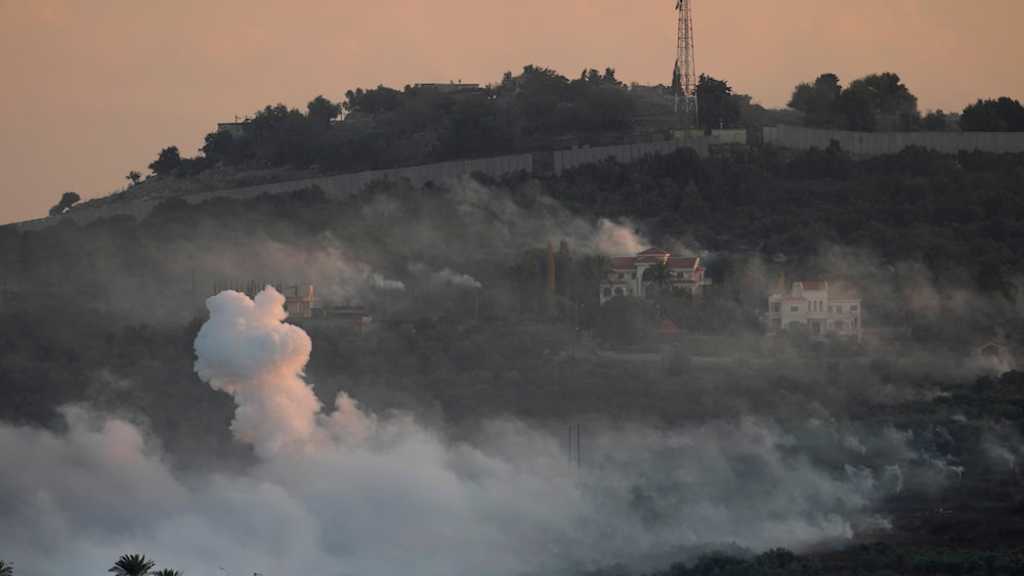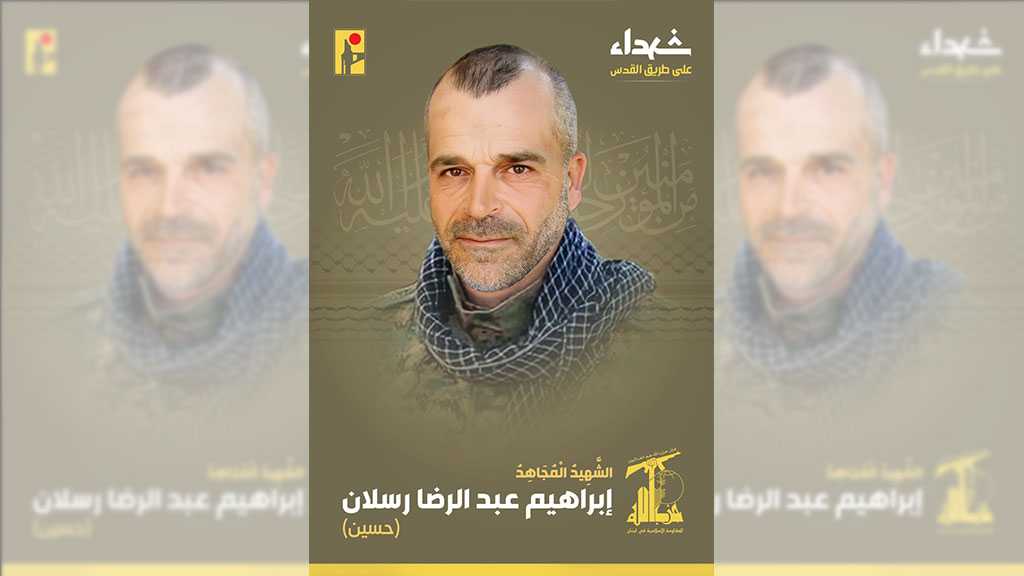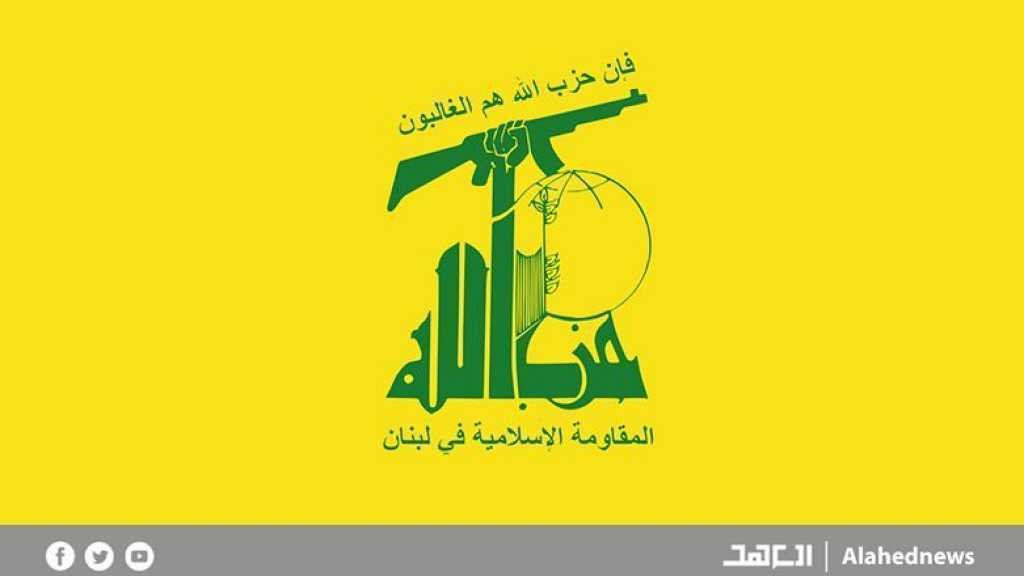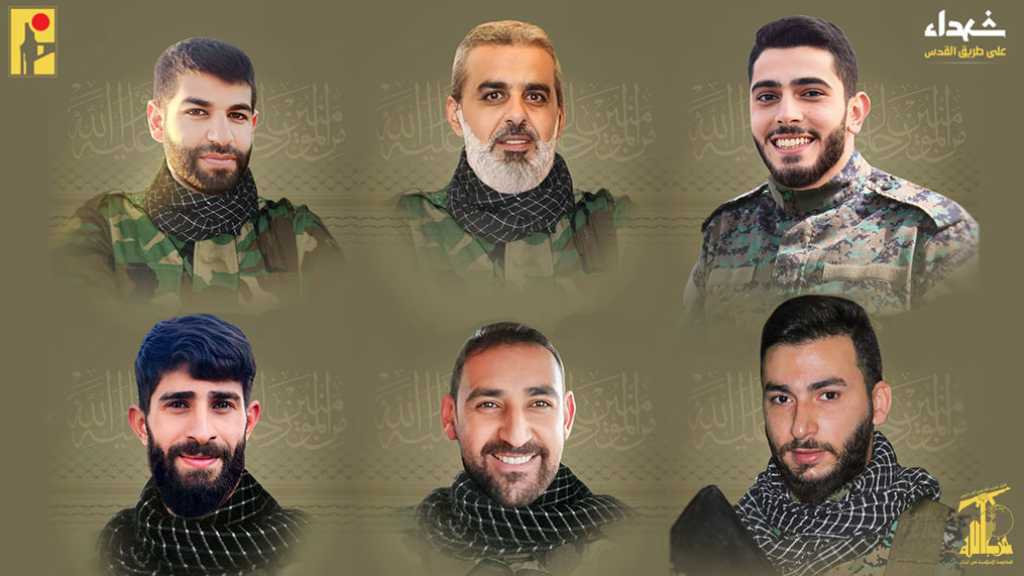
Arab Ministerial 6-points that stopped the stand off

Source: Nowlebanon, 15-05-2008
After 48 hours of talks, the delegation of nine Arab foreign ministers and Arab League Secretary General Amr Moussa on Thursday revealed a six-point plan to end the sectarian strife that left almost 70 dead and 200 injured across Lebanon in one week.
The Arab Ministerial Committee, which joined FMs representing Qatar, Djibouti, Oman, Algeria, Jordan, Morocco, the UAE, Yemen, and Bahrain, met with Prime Minister Fouad Siniora after meeting with Parliament Speaker Nabih Berri at his residence in Ain Al-Tineh and shortly before stopping by Progressive Socialist Party leader Walid Jumblatt's home in Clemenceau. The committee also held talks with Future Movement leader MP Saad Hariri on Wednesday and Thursday, Free Patriotic Movement leader General Michel Aoun, Lebanese Forces leader Samir Geagea, former Lebanese president and Kataeb head Amin Gemayel and Army Commander General Michel Sleiman.
After hours' delay, reportedly due to Lebanese disagreement on clauses in the agreement, Qatari Prime Minister and Foreign Minister Sheikh Hamad Bin Jasem al-Thani announced the Arab Ministerial Committee's agreement in a press conference from the Phoenecia Intercontinental Hotel in Beirut.
Sheikh Hamad reiterated the committee's support for the Arab initiative, adding that the six point plan was formed in coordination with pro-government and opposition leaders and based on the Lebanese constitution and Taif Accord. The agreement was announced as follows:
1) Things must return to what they were before May 5, 2008: the government must respond to the Army Command statement and hand the two decisions over to the army; All arms must be withdrawn from the streets and all roads, the Rafik Hariri International Airport and the Beirut Seaport reopened; and the Lebanese army must take charge of national security and civil peace.
2) There must be agreement on returning to dialogue on the national-unity government and electoral law. This agreement must be crowned by the end of the sit-in the eve Army Commander General Michel Sleiman is announced as a consensus candidate for presidency.
3) The (Lebanese) dialogue will begin as soon as the clause 1 is implemented, on Friday May 16, 2008 in Doha.
4) All parties must promise to refrain from returning to arms or violence to achieve political ends. 5) The dialogue is to reinforce the rule of the Lebanese government on all Lebanese lands ... for the security of the state and its citizens.
6) Political leaders will end their use of political and sectarian incitement and accusations of treachery at once.
The Qatari premier acknowledged that politically divergent Lebanese leaders held "many opinions," and noted that Free Patriotic Movement leader General Michel Aoun, a major Christian Hizbullah ally, had a "particular perspective" on the presidency and government, but ultimately responded to the committee.
All leaders who were present at the aborted Lebanese dialogue table in 2006 head to Doha on Friday, May 16, excepting Hizbullah Secretary General Sayyed Hassan Nasrallah.
Sheikh Hamad Bin Jasem al-Thani made it clear that the Doha dialogue would not be a new Taif Accord and said he expected the election of a Lebanese president, which has been postponed 20 times, "within days."
Arab League Secretary General Amr Moussa was also present, and insisted that the committee's success must be translated into the implementation of the agreement and the election of a president.
Before the press conference went off air, opposition supporters had begun to un-block the highway leading to the Beirut International Airport. The first incoming flight landed on Thursday evening, carrying passengers from Larnaca.
The Lebanese government on Wednesday night announced it would revoke the two decisions that sparked the worst sectarian violence to harass Lebanon since the civil war between 1975 and 1990.
On Tuesday, May 6, the cabinet had announced it would open a probe into a private Hizbullah network and would reassign head of airport security Brigadier General Wafiq Chouqair based on allegations of his tie to Hizbullah. Around 11:00 p.m. on Wednesday, May 14, Information Minister Ghazi Aridi said the government would back down on the decisions in accordance with an Army Command statement, which stated that the military would take control of the probe and would question Chouqair but not reassign him.
After 48 hours of talks, the delegation of nine Arab foreign ministers and Arab League Secretary General Amr Moussa on Thursday revealed a six-point plan to end the sectarian strife that left almost 70 dead and 200 injured across Lebanon in one week.
The Arab Ministerial Committee, which joined FMs representing Qatar, Djibouti, Oman, Algeria, Jordan, Morocco, the UAE, Yemen, and Bahrain, met with Prime Minister Fouad Siniora after meeting with Parliament Speaker Nabih Berri at his residence in Ain Al-Tineh and shortly before stopping by Progressive Socialist Party leader Walid Jumblatt's home in Clemenceau. The committee also held talks with Future Movement leader MP Saad Hariri on Wednesday and Thursday, Free Patriotic Movement leader General Michel Aoun, Lebanese Forces leader Samir Geagea, former Lebanese president and Kataeb head Amin Gemayel and Army Commander General Michel Sleiman.
After hours' delay, reportedly due to Lebanese disagreement on clauses in the agreement, Qatari Prime Minister and Foreign Minister Sheikh Hamad Bin Jasem al-Thani announced the Arab Ministerial Committee's agreement in a press conference from the Phoenecia Intercontinental Hotel in Beirut.
Sheikh Hamad reiterated the committee's support for the Arab initiative, adding that the six point plan was formed in coordination with pro-government and opposition leaders and based on the Lebanese constitution and Taif Accord. The agreement was announced as follows:
1) Things must return to what they were before May 5, 2008: the government must respond to the Army Command statement and hand the two decisions over to the army; All arms must be withdrawn from the streets and all roads, the Rafik Hariri International Airport and the Beirut Seaport reopened; and the Lebanese army must take charge of national security and civil peace.
2) There must be agreement on returning to dialogue on the national-unity government and electoral law. This agreement must be crowned by the end of the sit-in the eve Army Commander General Michel Sleiman is announced as a consensus candidate for presidency.
3) The (Lebanese) dialogue will begin as soon as the clause 1 is implemented, on Friday May 16, 2008 in Doha.
4) All parties must promise to refrain from returning to arms or violence to achieve political ends. 5) The dialogue is to reinforce the rule of the Lebanese government on all Lebanese lands ... for the security of the state and its citizens.
6) Political leaders will end their use of political and sectarian incitement and accusations of treachery at once.
The Qatari premier acknowledged that politically divergent Lebanese leaders held "many opinions," and noted that Free Patriotic Movement leader General Michel Aoun, a major Christian Hizbullah ally, had a "particular perspective" on the presidency and government, but ultimately responded to the committee.
All leaders who were present at the aborted Lebanese dialogue table in 2006 head to Doha on Friday, May 16, excepting Hizbullah Secretary General Sayyed Hassan Nasrallah.
Sheikh Hamad Bin Jasem al-Thani made it clear that the Doha dialogue would not be a new Taif Accord and said he expected the election of a Lebanese president, which has been postponed 20 times, "within days."
Arab League Secretary General Amr Moussa was also present, and insisted that the committee's success must be translated into the implementation of the agreement and the election of a president.
Before the press conference went off air, opposition supporters had begun to un-block the highway leading to the Beirut International Airport. The first incoming flight landed on Thursday evening, carrying passengers from Larnaca.
The Lebanese government on Wednesday night announced it would revoke the two decisions that sparked the worst sectarian violence to harass Lebanon since the civil war between 1975 and 1990.
On Tuesday, May 6, the cabinet had announced it would open a probe into a private Hizbullah network and would reassign head of airport security Brigadier General Wafiq Chouqair based on allegations of his tie to Hizbullah. Around 11:00 p.m. on Wednesday, May 14, Information Minister Ghazi Aridi said the government would back down on the decisions in accordance with an Army Command statement, which stated that the military would take control of the probe and would question Chouqair but not reassign him.



